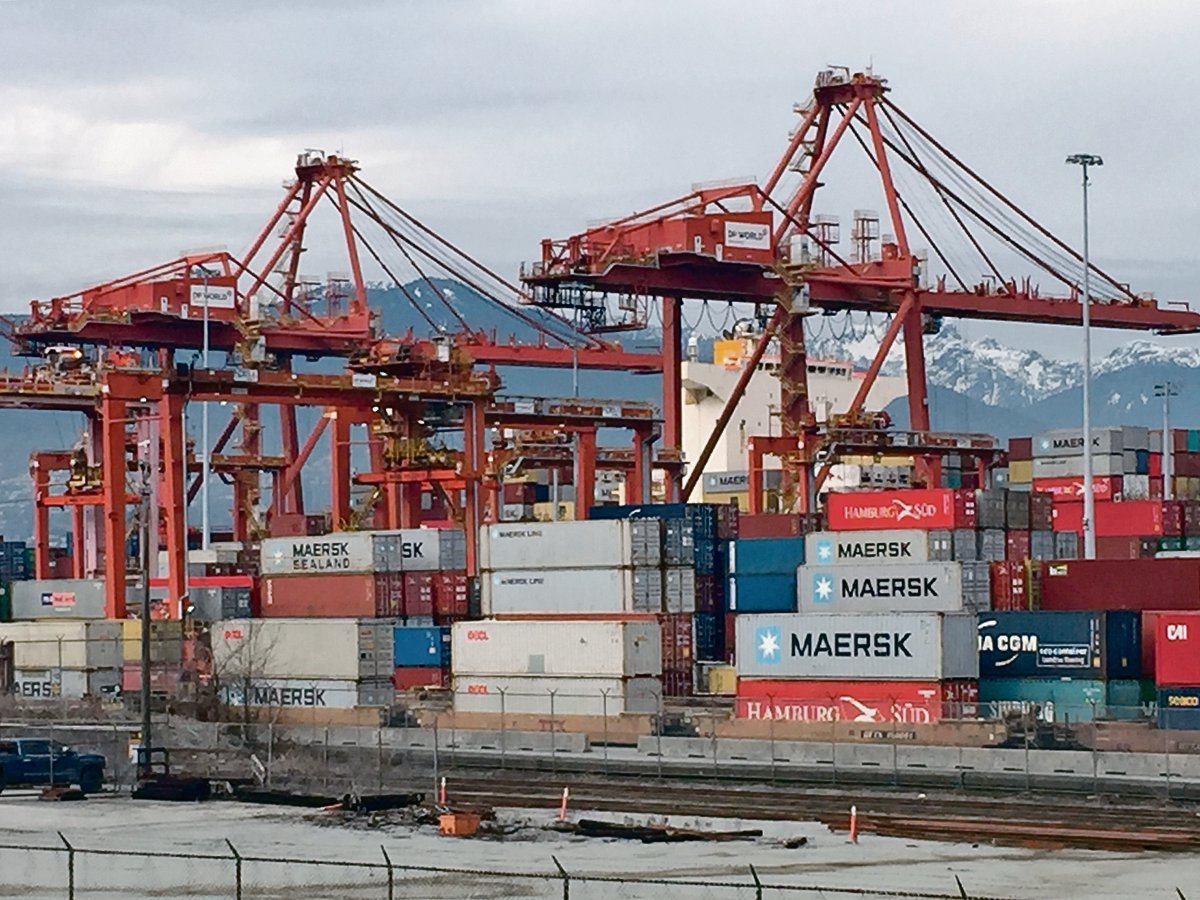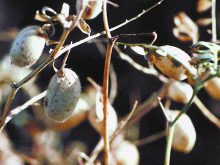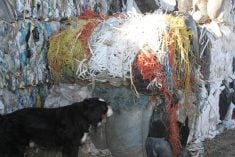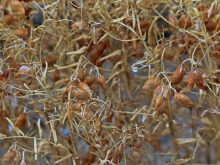It’s not good news, but Manitoba potato growers say January is a good time to get bad news.
“It’s better than when they used to tell us in April,” said Carberry farmer Eric Adriaansen, the day after McCain Foods announced that its Carberry plant was shutting one production line and scaling back its potato needs by 20 percent.
The cutback will be spread out among all producers, McCain Canada president Arnold Park said Jan. 20.
“We understand the seriousness of the cut and (growers’) desire and our desire to spread that reduction in production over as many growers as possible, so we don’t jeopardize somebody’s livelihood,” said Park.
Read Also

Message to provincial agriculture ministers: focus on international trade
International trade stakeholders said securing markets in the face of increasing protectionism should be the key priority for Canada’s agriculture ministers.
McCain is shutting its small-scale, 7.5 ton production line in Carberry plant because it is too small and can’t be upgraded to an acceptable efficiency level, Park said.
“That line is not viable from an efficiency point of view or a cost point of view,” said Park. One hundred line workers will lose their jobs.
The line will be cut in October. Its production is being transferred to a McCain plant in Othello, Washington.
The plant’s other line, a 12 ton line, will be given a $6 million upgrade and the plant will upgrade its wastewater treatment facility for another $7 million.
Park said McCain, which bought the french fry factory from Midwest Food Products in November, is “delighted” with the 12 ton line and thinks the upgrades will secure its future as a factory.
“We’re pretty confident that this will be a world competitive factory when we’re finished,” said Park.
Another 15 jobs at the factory are being cut because McCain has taken over the plant’s administration. Previously it operated as a stand-alone operation within the Nestle Co.
Park said the cut in production in Carberry is strictly a matter of closing an inefficient production line. Potato demand in North America weakened about 18 months ago but “that market has actually recovered and is posting modest gains.”
Park said the increase in the value of the Canadian dollar has reduced his company’s returns from its Canadian plants, but an 80 cent dollar still allows McCain to produce french fries as profitably in Canada as in its American plants. That profitability would slide if the dollar increased sharply against the U.S. dollar, Park said.
Recently the big five Canadian banks issued wildly varying estimates of the expected value of the Canadian dollar at the end of 2005. One bank foresees a 78 cent dollar, while another expects a Canadian dollar worth 90 US cents.
“Five banks came out with five projections and 78 is nicer than 90,” said Park with a laugh.
Park said McCain announced the line shutdown now so that farmers wouldn’t have false expectations.
“We didn’t want them contracting seed … and buying equipment depending on raw materials that would be processed in our factory,” said Park.
“We wanted to get word out to them as quickly as possible.”
Adriaansen said farmers should be able to adjust to the cuts. The woe will now be passed along to equipment dealers.
“The implement dealers will be getting quite a few calls saying ‘I don’t need that new equipment,’ I imagine,” said Adriaansen.















